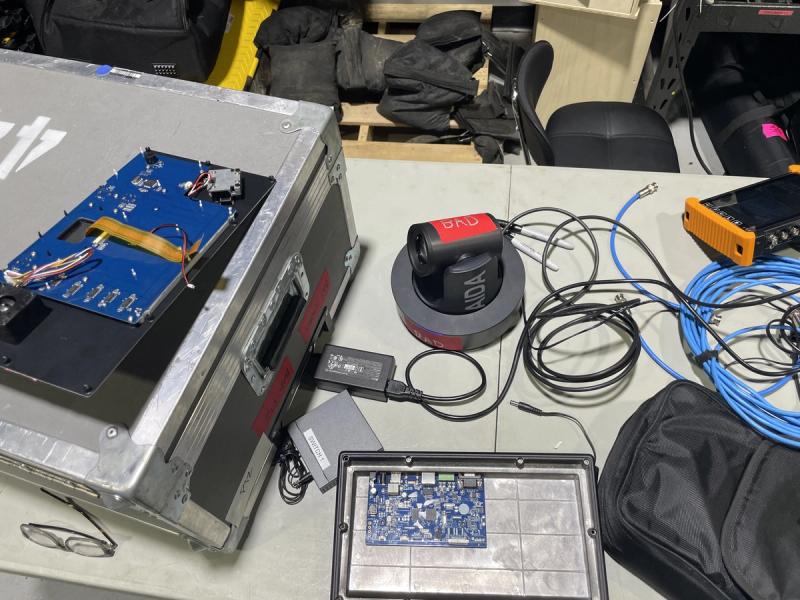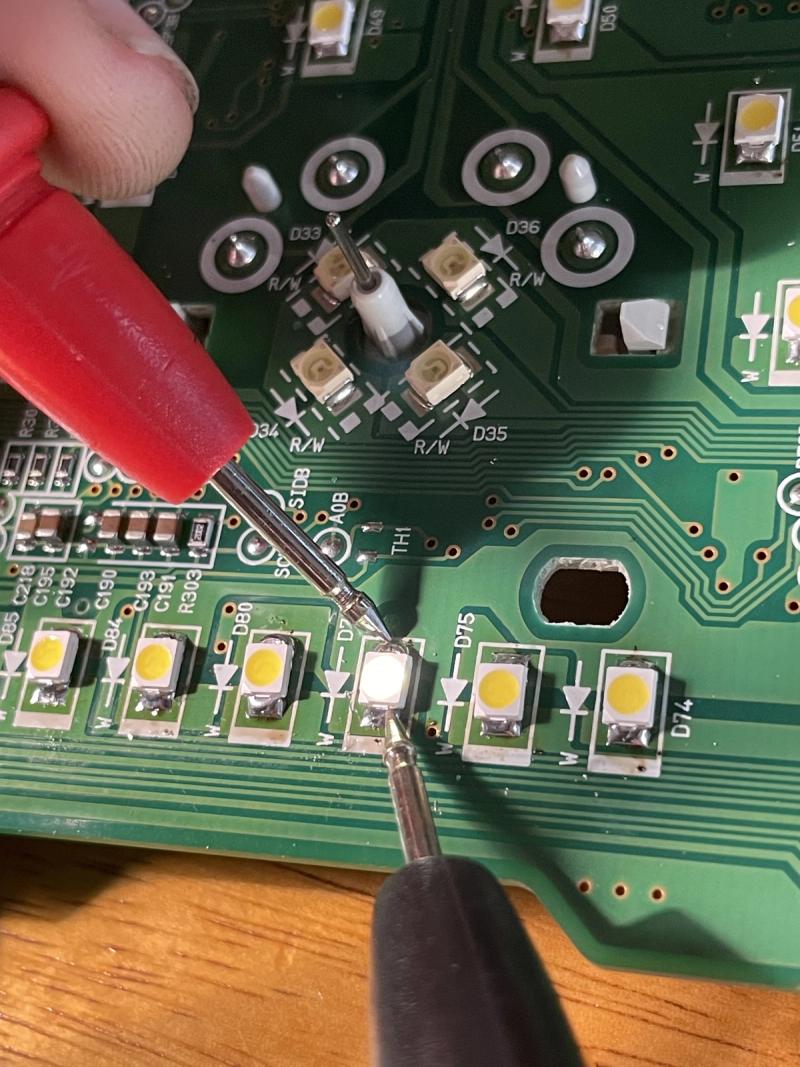
Equipment Maintenance: Essential Skills for AV Professionals
What does it take to become an AV pro?
In the fast-paced world of live event production, equipment maintenance is not just a backstage task—it's the foundation that supports every successful show. During my internship at Bell Tree Productions, I discovered firsthand how crucial technical maintenance skills are to the industry's success.
The Art of AV Repair
My journey into equipment maintenance began with soldering XLR cables during what became one of my most enjoyable days at the internship. What might seem like a simple task to outsiders represents a critical skill in our industry. Audio failures frequently stem from faulty connections, and the ability to quickly repair them can literally save an entire production. The satisfaction of diagnosing a problem, making the necessary repairs, and seeing equipment return to service creates a unique sense of accomplishment.
As my internship progressed, I found myself gravitating toward the repair bench during office days. Each piece of equipment I fixed—from PTZ cameras to HDMI interfaces—represented not just a technical victory but a tangible contribution to our operational efficiency. The company recognized this affinity, and soon I was regularly tasked with examining and repairing various pieces of equipment that had been quarantined after shows.
Troubleshooting Under Pressure
Live events operate on unforgiving schedules, demanding immediate solutions when technical issues arise. During The Links event at the Hilton Hotel, we encountered mysterious "ghost popping" in the speakers—an intermittent audio issue we ultimately traced to a problematic AES50A connection. Later in the same event, we faced projectors unexpectedly powering down, which we attributed to people stepping on our cable runs with vulnerable barrel connectors.
These experiences taught me that proper cable management isn't merely about aesthetics—it's fundamentally about reliability and signal integrity. In our post-event analysis, we identified that using longer SDI cable runs would have allowed for better routing and reduced vulnerability to foot traffic. This kind of practical knowledge only comes through hands-on experience and careful analysis of what goes wrong in real-world conditions.
Preventative Maintenance: The Unsung Hero
Perhaps the most valuable lesson from my internship came not from repairing broken equipment but from understanding how to prevent failures in the first place. Quality Control (QC) days after events became essential learning opportunities, as we meticulously inspected returned equipment for signs of wear or damage.
During QC sessions following events at venues like the Greater Columbus Convention Center and Kemba Live, I learned to identify subtle issues before they became catastrophic failures. From checking connectors for bent pins to testing signal paths for intermittent problems, these preventative measures form the invisible infrastructure that supports successful productions.
The true cost of neglecting maintenance became painfully clear during the outdoor Bridgeway "Amazability" fundraiser. While we diligently protected our production equipment from unexpected rain by taping connections and bagging power strips, I learned through personal loss that this vigilance must extend to all equipment on site. My high-end MacBook, left in a bag on the wet ground, suffered moisture damage that rendered it inoperable. This expensive lesson reinforced that preventative measures aren't just professional responsibilities—they're essential habits that protect valuable tools.


Through my journey from intern to full-time professional at Bell Tree Productions, I've discovered that technical maintenance skills represent both the science and art of event production. Behind every flawless show lies countless hours of prep work, preventative maintenance, and sometimes emergency repairs. As my supervisor noted in my final evaluation, my "initiative has helped return equipment to the field quickly, minimizing downtime and avoiding delays waiting on replacements or external repairs."
For anyone entering this field, I cannot overstate the value of developing these technical maintenance skills. They not only make you more valuable to employers but provide the confidence to handle whatever technical challenges arise during live events. As I continue my professional development at Bell Tree Productions, I look forward to further deepening these essential skills that form the backbone of successful event production.
